Top Things to Know Before Buying Unique Indoor Plants
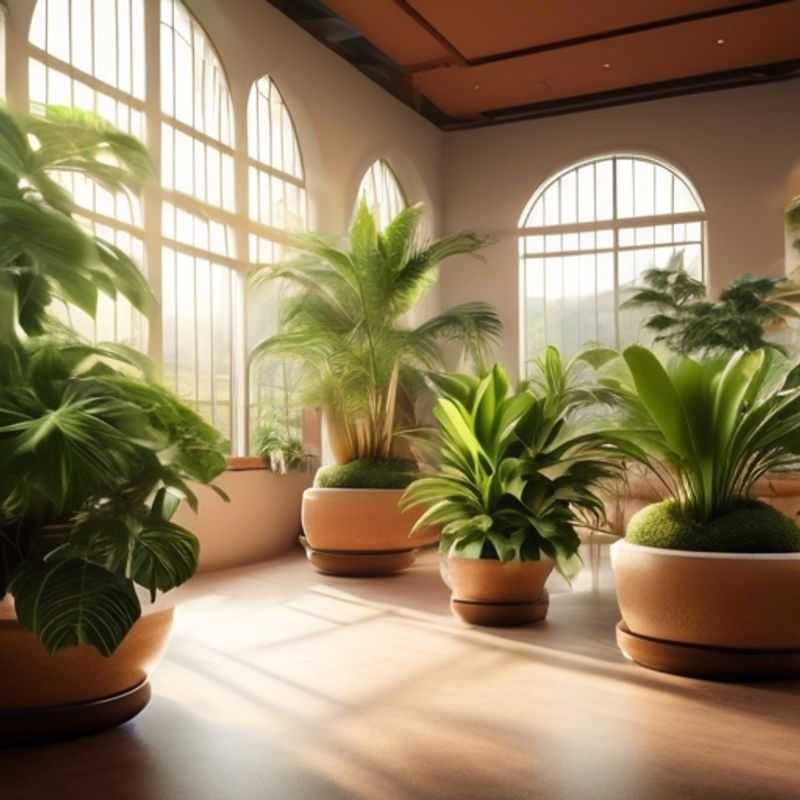
Top Things to Know Before Buying Unique Indoor Plants: From Light & Water Needs to Ethical Sourcing
Bringing a little bit of the outdoors in is a fantastic way to brighten up your space, improve air quality, and even boost your mood.
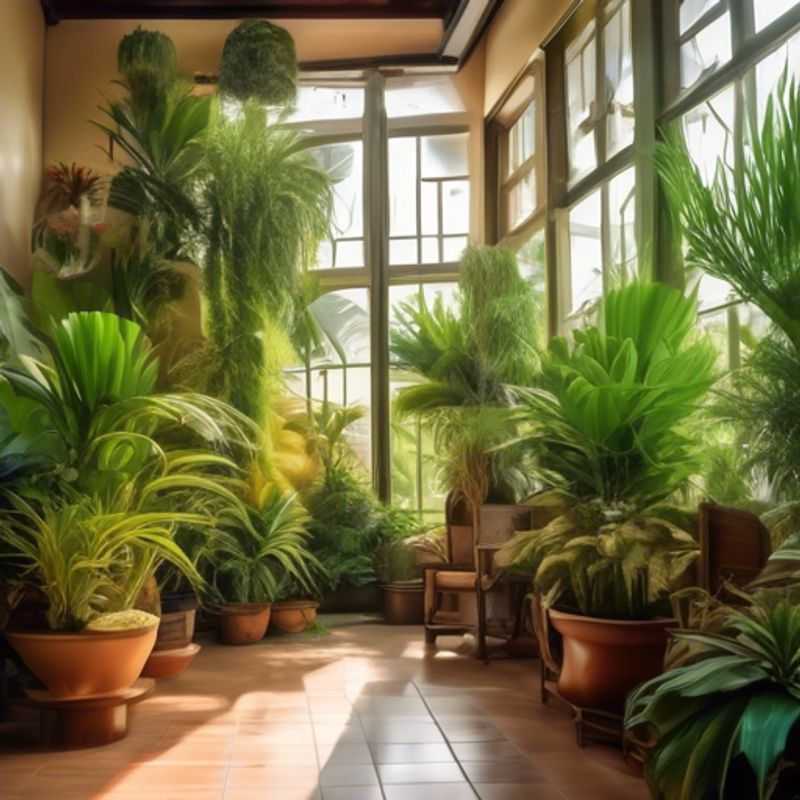
Matching Plants to Their Perfect Environment: Understanding Light, Water, and Soil Needs
Knowing the specific light, water, and soil requirements for each plant species is crucial for successful gardening. It ensures plants thrive and prevents issues like wilting, yellowing leaves, or stunted growth. You can find this information online through trusted gardening resources, plant databases, and even the labels of plants you purchase.
Light: Plants require different amounts of sunlight. Some thrive in full sun, while others prefer shade. Knowing the specific light needs of your plants will help you choose the right location for them.
Water: Water requirements vary greatly based on plant species, climate, and soil type. Overwatering can lead to root rot, while underwatering can cause wilting. Observe your plants for signs of thirst, like drooping leaves, and adjust your watering schedule accordingly.
Soil: Soil provides plants with nutrients and moisture. Different plants have varying soil preferences. Some require well-draining soil, while others need heavier, moisture-retentive soil. You can amend your soil with compost, fertilizer, or other additives to meet the specific needs of your plants.
Researching these requirements can be done online through trusted sources like university extension websites, gardening blogs, or online plant databases. You can also find valuable information on plant tags or from experienced gardeners in your local community.
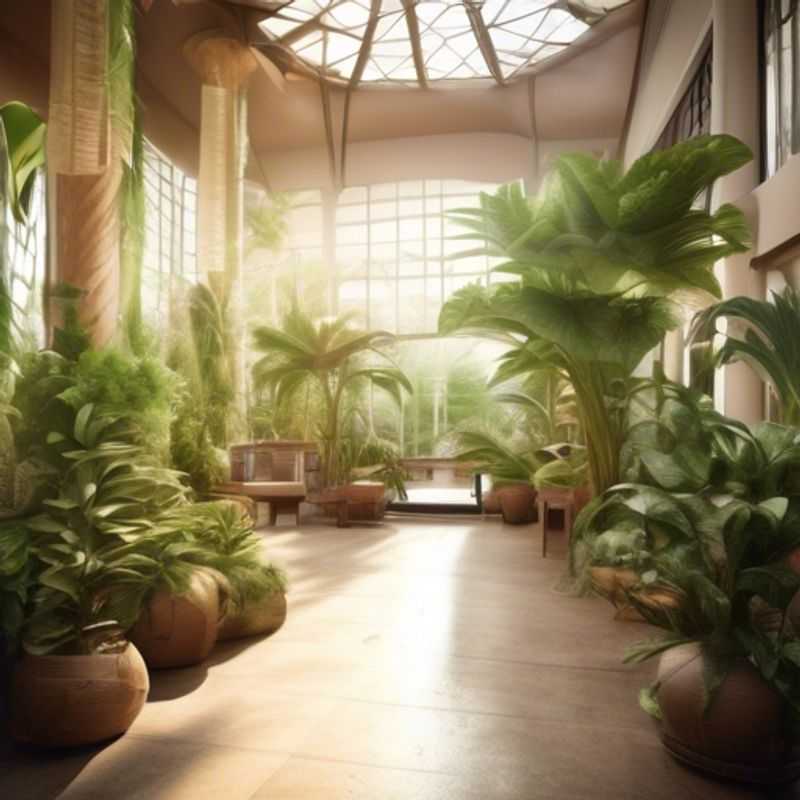
Right Plant, Right Place: Choosing the Perfect Size for Your Home
When choosing a plant for your home or office, it's important to consider both the size of the plant and the available space. Larger plants naturally require more space. A good rule of thumb is to select a plant that's no more than half the size of the space you have available.
Think about where you plan to place the plant. Will it block any walkways or furniture? Consider the amount of sunlight the plant will receive in that location. Some plants thrive in bright light, while others prefer shade.
Don't forget about the pot! The size of the pot will also affect the overall size of the plant. Choose a pot that's proportional to the plant's size and consider whether you'll need to repot it in the future. Repotting can be a fun and rewarding process, but it can also require some effort and resources.
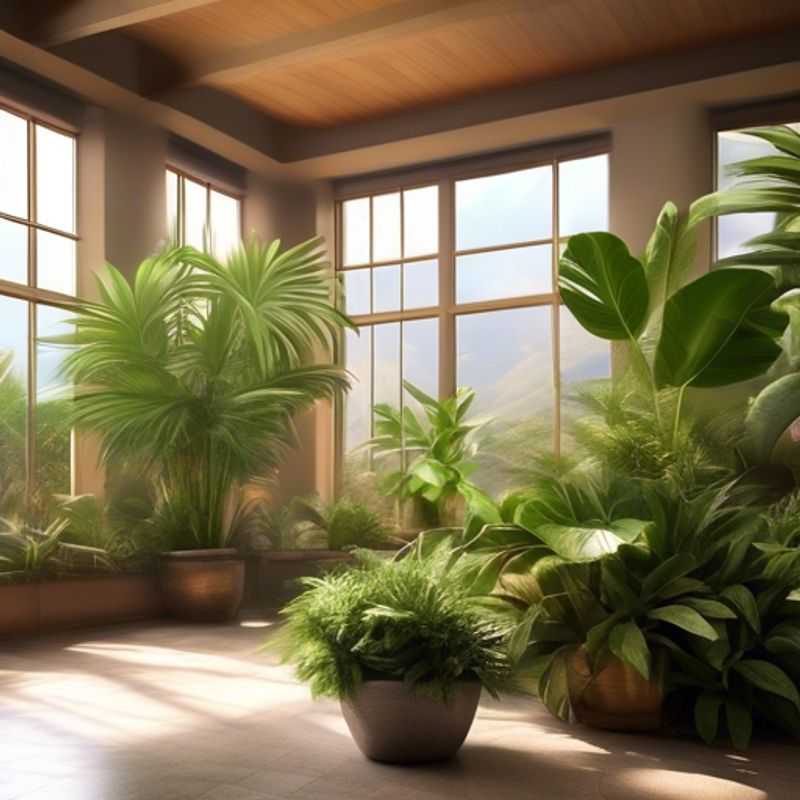
Spotting Pests and Diseases: A Buyer's Guide to Healthy Plants
Before you buy a plant, it’s important to inspect it for signs of pests or diseases. This can save you a lot of trouble down the road. Look for signs like holes in leaves, discoloration, or any unusual spots. Also, check the underside of the leaves for tiny insects. If you see any of these signs, it’s best to choose a different plant.
Purchasing a plant that is already infected can spread to your other healthy plants. If you suspect your plant is infected, you can use an insecticide or fungicide to treat it. However, be sure to follow the instructions on the product label carefully. These products can be harmful if not used correctly. If you aren't sure how to treat an infected plant, you can always contact a local nursery or garden center for advice.
A healthy plant will also help ensure that it will thrive in your garden. When you choose a healthy plant, you can ensure that you’re getting a quality product. A quality plant will also be more resistant to disease.
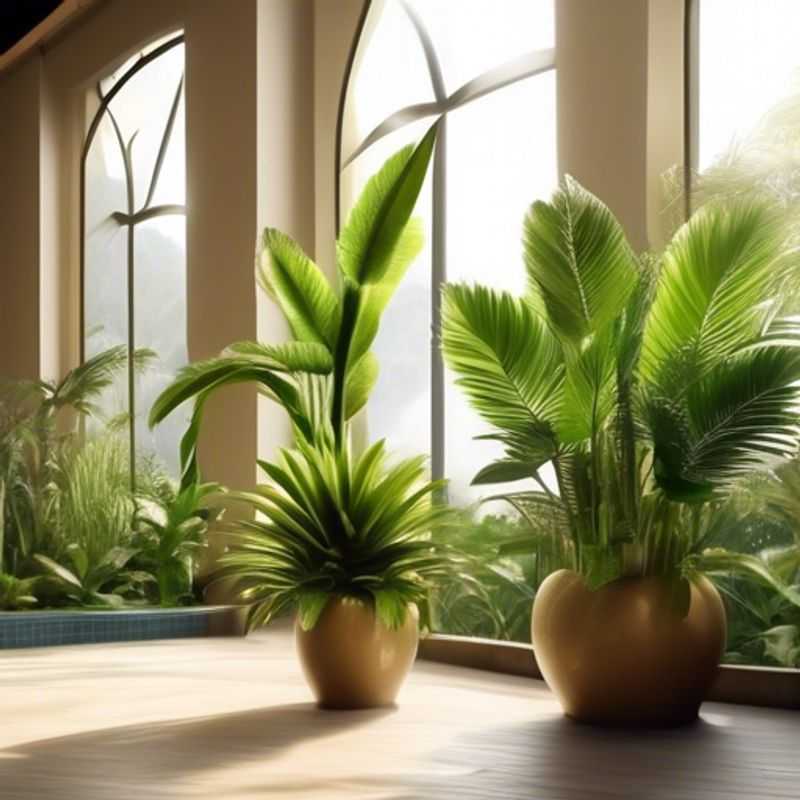
Green Thumb Guide: Plant Care and Maintenance for a Thriving Garden
Keeping your plants thriving is all about understanding their needs and providing the right environment. It's like a little partnership. You give them what they need, and they reward you with vibrant growth and beauty.
Let's break down the basics:
Light: Plants need sunlight to photosynthesize, which is how they make food. Different plants have different light requirements. Some love bright, direct sunlight, while others prefer shade.
Water:The key is to water deeply, but not too often. Check the soil moisture before watering, and make sure the water drains well. Overwatering can lead to root rot.
Soil:Choose a soil that’s well-draining and rich in nutrients. You can also amend your soil with compost or fertilizer to give your plants an extra boost.
Temperature and Humidity: Most houseplants prefer moderate temperatures and humidity. Avoid placing plants near drafts or heating vents.
Fertilizer:Regularly fertilizing your plants provides essential nutrients. Follow the instructions on the fertilizer label.
Pruning:Regularly pruning can help to keep your plants healthy and encourage new growth. Remove dead or diseased leaves and stems.
Remember, paying attention to your plants' individual needs is key to success. If you notice any signs of distress, like wilting leaves or yellowing, research the potential causes and adjust your care accordingly.
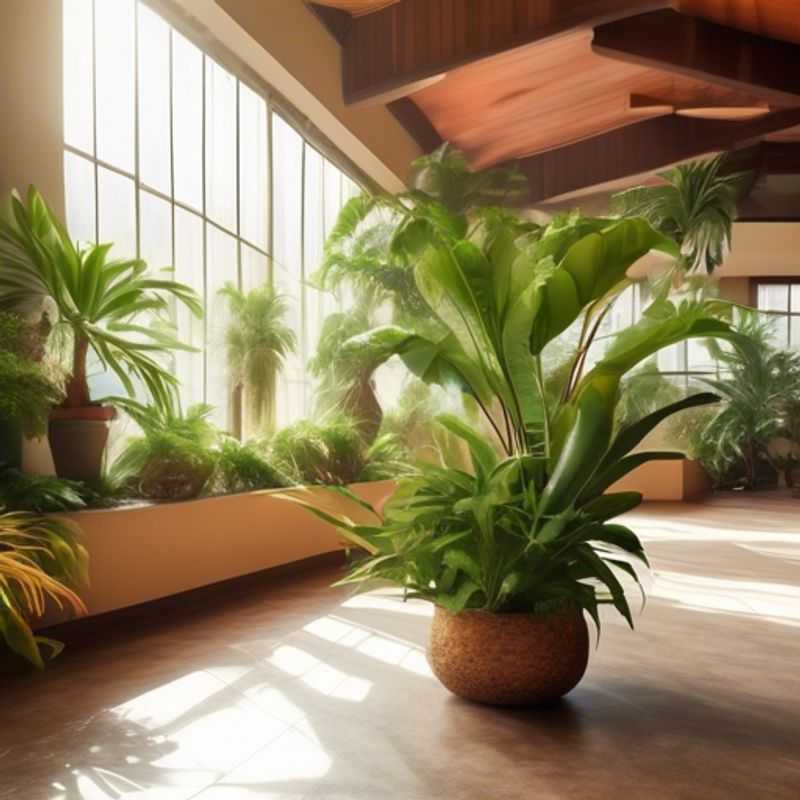
Ethical Sourcing: Checking the Origins of Your Plants
Knowing where your plants come from is crucial for ethical and sustainable gardening. Ethically sourced plants ensure they're not contributing to harmful practices like deforestation or habitat destruction.
Here's how to check a plant's origin and ensure ethical sourcing:
Ask your nursery: Inquire about their sourcing practices. Ask if they prioritize local growers, use sustainable methods, and support fair labor practices. Reputable nurseries will be transparent about their supply chain.
Research online: Look for information about the specific plant species. Some organizations like the Royal Horticultural Society provide information about ethical plant sourcing.
Choose plants native to your region: Supporting local biodiversity and reducing transportation costs is a good way to promote sustainable gardening.
Beware of red flags: Be cautious of extremely low prices, especially for rare or exotic plants. This could indicate unethical sourcing practices.
Consider certification: Look for certifications such as Fair Trade or organic certification. These labels can help ensure ethical and sustainable practices.
Supporting ethical sourcing may involve higher initial costs, but it's a responsible choice for the environment and for supporting ethical practices in the horticultural industry.
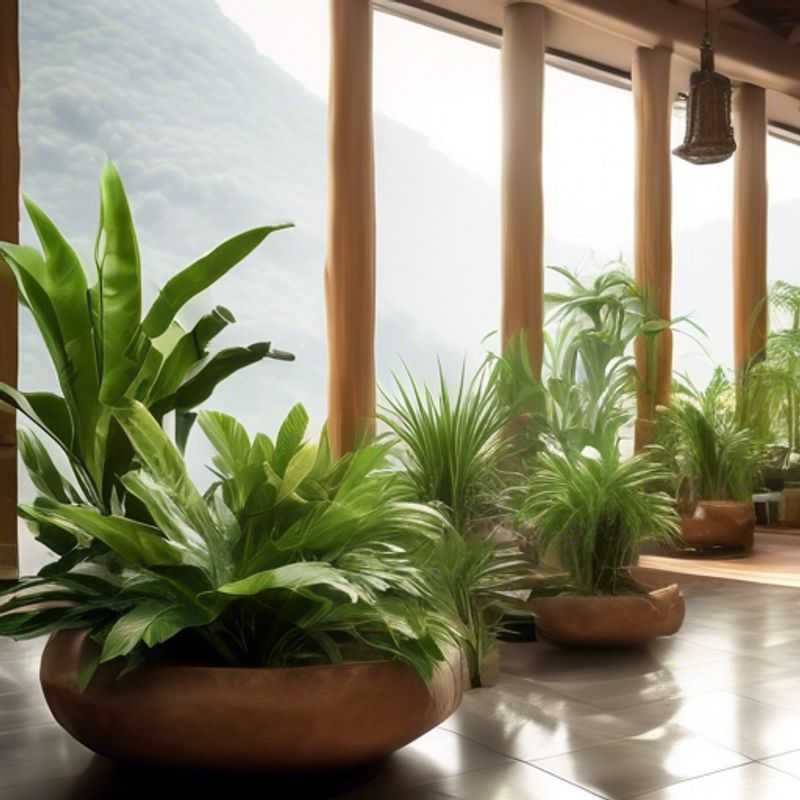
Pet and Child Safety: Identifying Potential Toxins in Your Home
Keeping your home safe for pets and young children requires being mindful of potential toxicity risks. Many common household items can be hazardous if ingested or come into contact with skin. Always store potentially dangerous items out of reach, preferably in locked cabinets.
Common household items that can be toxic to pets and children include:
- Cleaning products
- Medications
- Pesticides
- Paints and solvents
- Batteries
- Certain plants
It's crucial to be aware of the specific hazards associated with each item in your home. Always check product labels and store them according to instructions. Consider purchasing child-proof locks for cabinets and drawers. Teach children about the importance of safety and keep a close eye on them, especially when they are around potentially toxic items.
In case of accidental ingestion or contact with a potentially toxic substance:
- Immediately remove any contaminated clothing or items from the child or pet.
- Call your local poison control center or your veterinarian immediately.
- Do not induce vomiting unless directed by a professional.
Keep the poison control center's number handy, as well as the contact information for your veterinarian. By taking preventative measures and being informed, you can help create a safe and healthy environment for your loved ones.
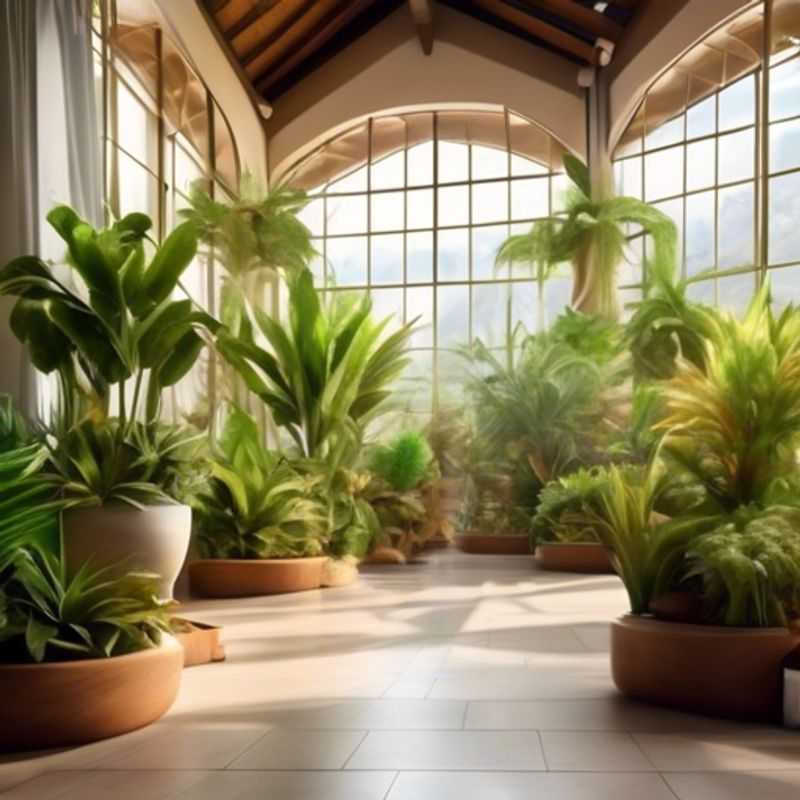
Find Your Green Soulmate: Exploring Unique and Rare Plant Varieties
Seeking unique and rare plant varieties to elevate your gardening game? You're not alone! Many gardeners crave the thrill of discovering and nurturing unusual plants. But, finding the right ones for you can be a delightful journey. Start by considering your environment: what's your climate, soil type, and sun exposure? These factors are crucial in determining which plants will thrive in your space.
Next, dive into your personal style. Do you love vibrant colours, striking textures, or delicate fragrances? Explore online resources like specialty nurseries, botanical gardens, and plant societies. These are great places to discover lesser-known varieties that match your taste. Many offer expert advice on care and propagation, which is vital for rare plants.
Remember, rare plants may come at a higher price tag. Be prepared for some investment, as these plants often require more specialized care and resources. Consider joining local gardening groups or plant swaps to find unique plants at more affordable prices. These communities are treasure troves of knowledge and can help you find exactly what you're looking for.
Cultivating unique and rare plants is an enriching experience. It adds a touch of magic to your garden while connecting you to the world of botanical diversity. Happy planting!
